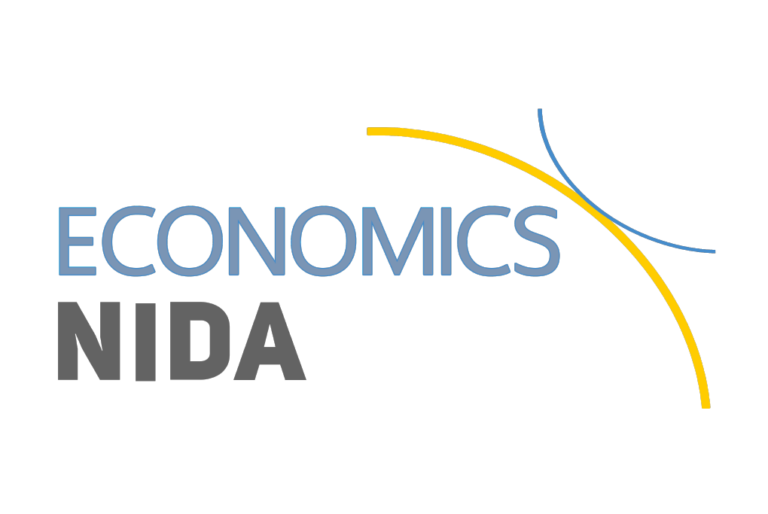| Is money supply growth affecting international border trade of Thailand? Petchpan Jarusjitwilai |
บทคัดย่อ
This paper aims to study the relationship between the money supply on international border trade in Thailand by using monthly time-series secondary data, including the money supply data in terms of Narrow Money; M1 together with the border trade value with neighboring countries including Malaysia, Myanmar, Laos and Cambodia since 2007 to 2014. We analyze the stationary of time series data by using Augmented Dick-Fuller (Unit Root) to test variables including the money supply and the border trade volume. Then, we test long term equilibrium relationship (Cointegration) to determine the relationship between the variables if they have long run relationship or not. Next, we test the short term equilibrium relationship through Error Correction Model (ECM) in order to see whether the variables will be adapted to the original equilibrium or not. Finally, we use the Granger Causality Test to determine if any variable is a cause of change in another variable from the estimation.

